Welcoming a rescue puppy into your home is an act of love and compassion. These precious creatures often come with a history that may include trauma, neglect, or abandonment. While your home will provide the safety and love they need, your new furry friend may require some extra help to heal and recover from their past experiences. Here’s how you can guide them on their journey to healing.
Understanding Their Past
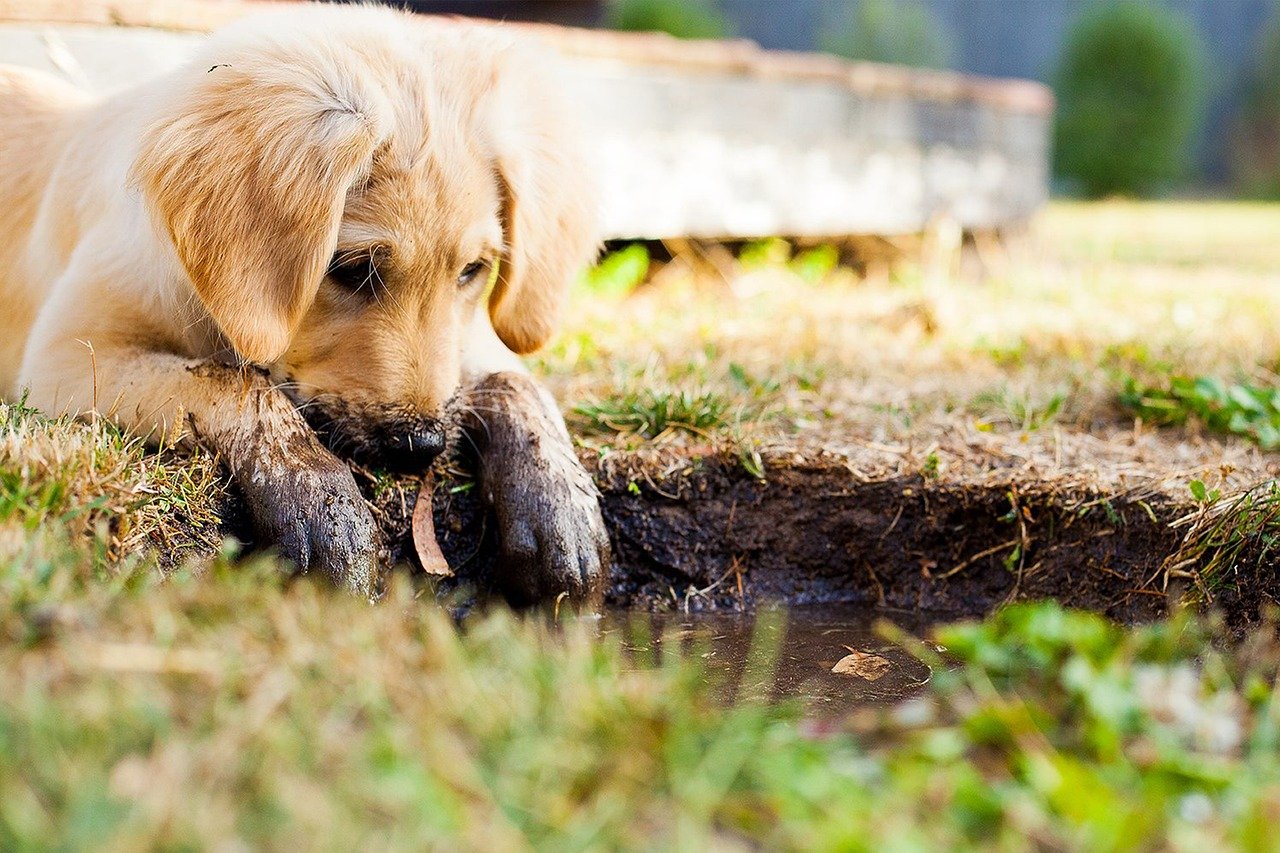
Every rescue puppy has a story, and understanding that story is the first step in helping them heal. While you may not know all the details, recognizing that they may have been through difficult times can help you approach them with empathy. Imagine living in a world where trust was broken numerous times; it’s similar to how your puppy might feel. By being aware of this, you can tailor your approach to meet their emotional needs, creating a safe and nurturing environment.
Creating a Safe Space
Creating a sanctuary within your home is essential for your rescue puppy’s recovery. This space should be quiet, comfortable, and filled with items that provide comfort, like soft bedding or their favorite toys. Think of it as their personal haven where they can retreat when the world feels overwhelming. Much like humans have their favorite cozy corner, this area will become a place where your puppy feels secure and loved.
Building Trust Through Consistency
Consistency is a crucial factor in building trust with your new furry friend. Regular feeding times, walks, and play sessions establish a routine that assures them they are in a stable environment. Picture yourself in a new job; knowing what to expect each day can ease anxiety. Similarly, a predictable schedule reassures your puppy that they are safe and cared for, gradually rebuilding their trust in humans.
Gentle Socialization
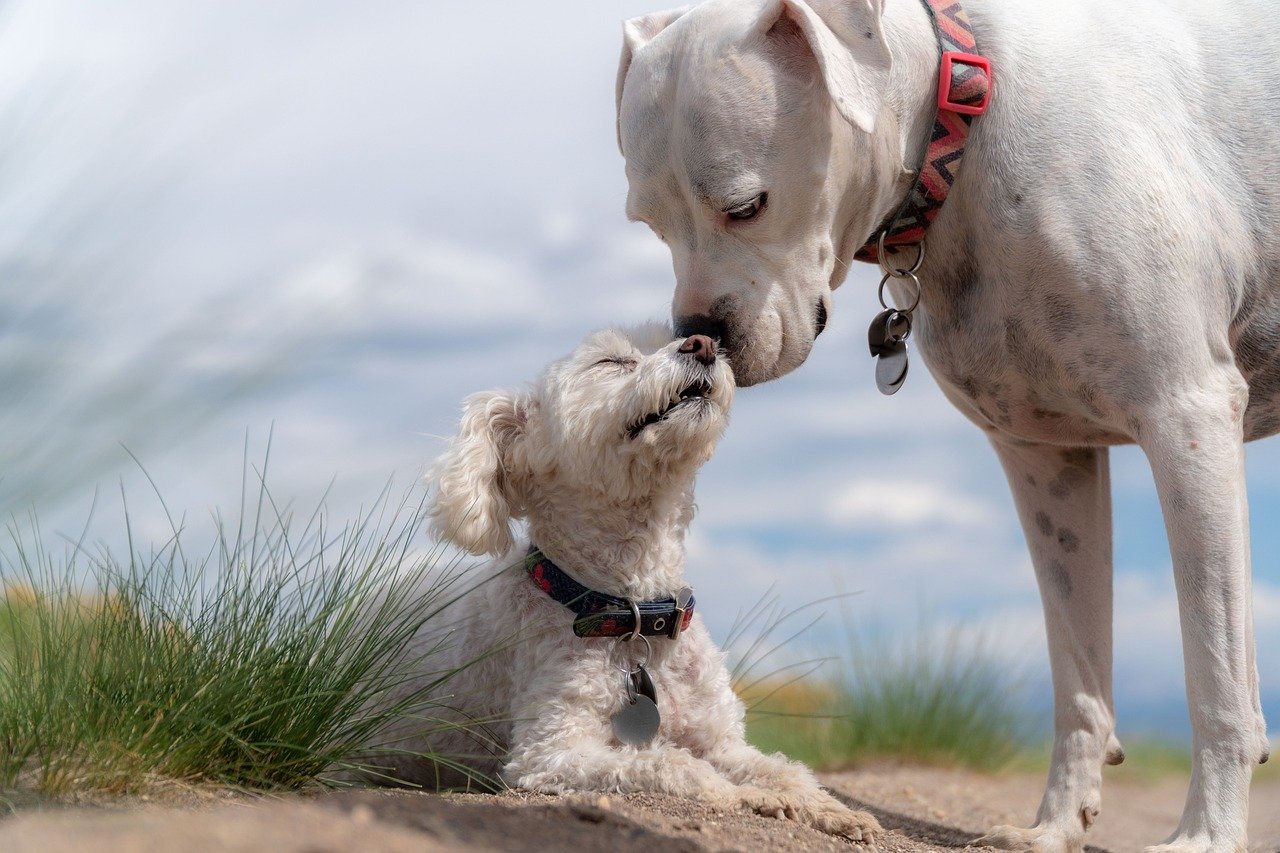
Introducing your rescue puppy to new experiences, people, and other animals should be a gentle process. Start small, perhaps with a short walk in a quiet park, gradually expanding their world as their confidence grows. Imagine tiptoeing into a cold pool; the gradual immersion makes the experience more comfortable. This approach prevents overwhelming your puppy and allows them to explore the world at their own pace.
Positive Reinforcement
Using positive reinforcement encourages desired behaviors and strengthens your bond with your puppy. Rewarding them with treats, praise, or playtime when they demonstrate good behavior creates a positive association. Think of it as receiving a gold star for a job well done. This method not only boosts their confidence but also helps them learn what behaviors are acceptable in a loving and supportive way.
Patience and Understanding
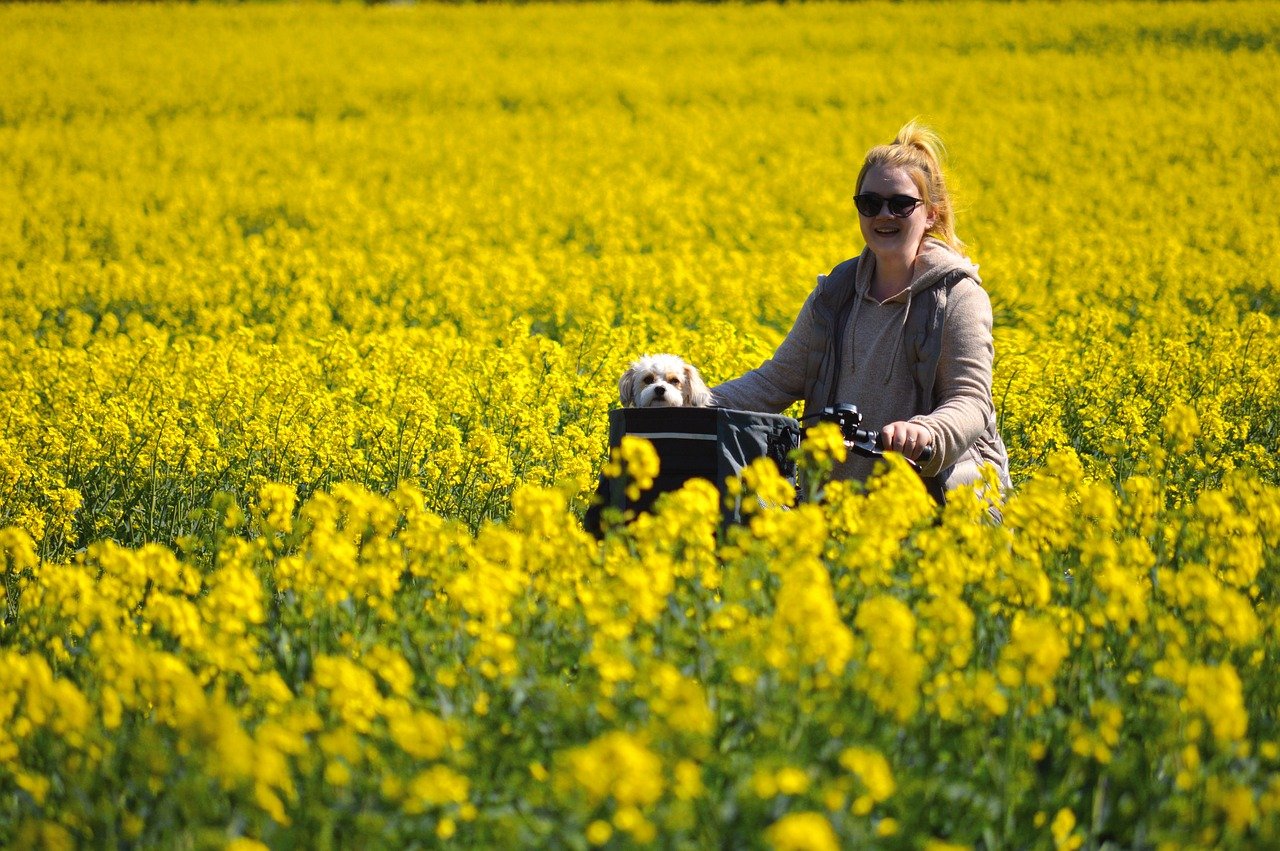
Healing is a journey, not a destination, and patience is your greatest ally. There will be setbacks and challenges along the way, but approaching these moments with understanding and calmness will make all the difference. Imagine trying to learn a new skill; mistakes are part of the process. Similarly, your puppy’s path to recovery will have ups and downs, and your patience will guide them through.
Professional Guidance
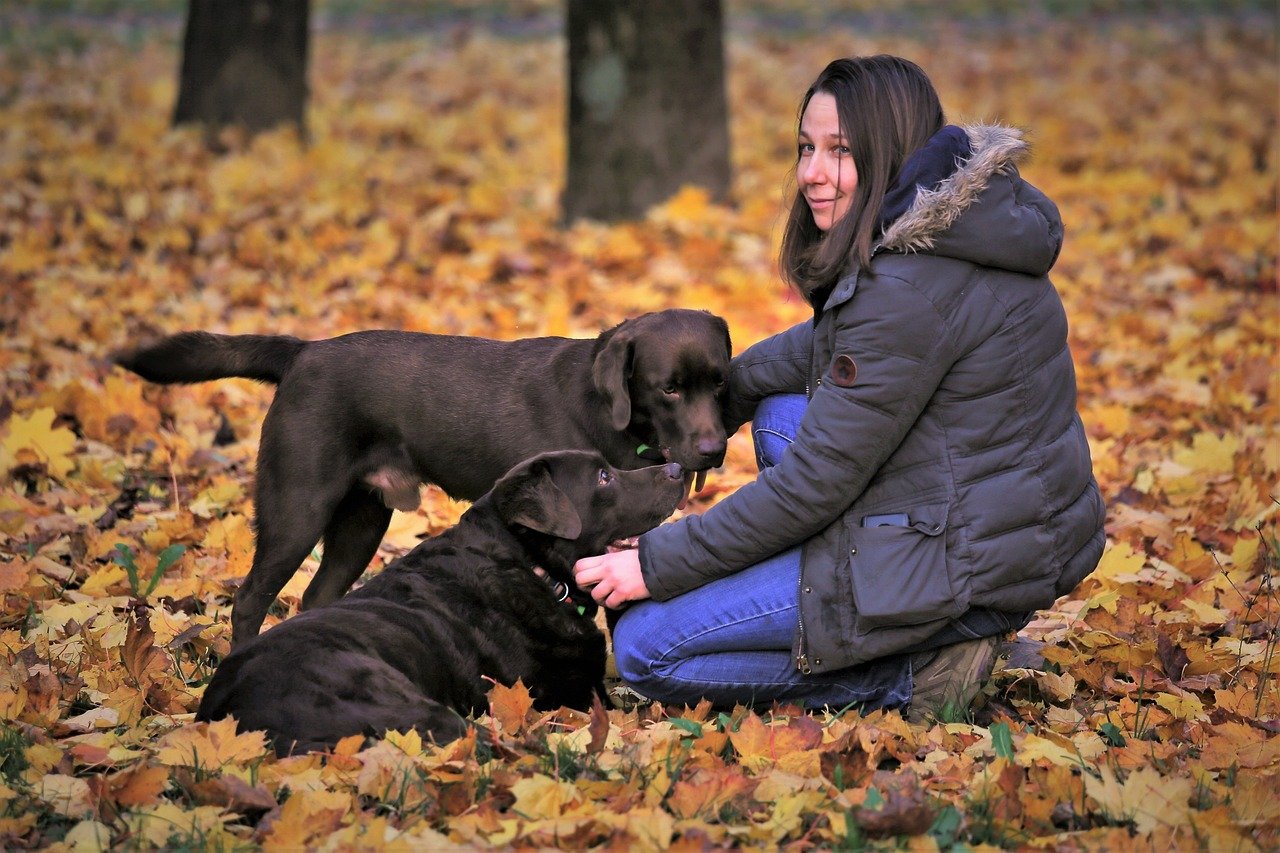
Sometimes, the scars from past experiences run deeper than we can handle alone. Seeking professional help from a veterinarian or a canine behaviorist can provide valuable insights and strategies tailored to your puppy’s needs. Think of it as consulting an expert when facing a particularly tricky puzzle. Their knowledge can offer a fresh perspective and effective solutions to aid in your puppy’s healing process.
Celebrating Small Victories
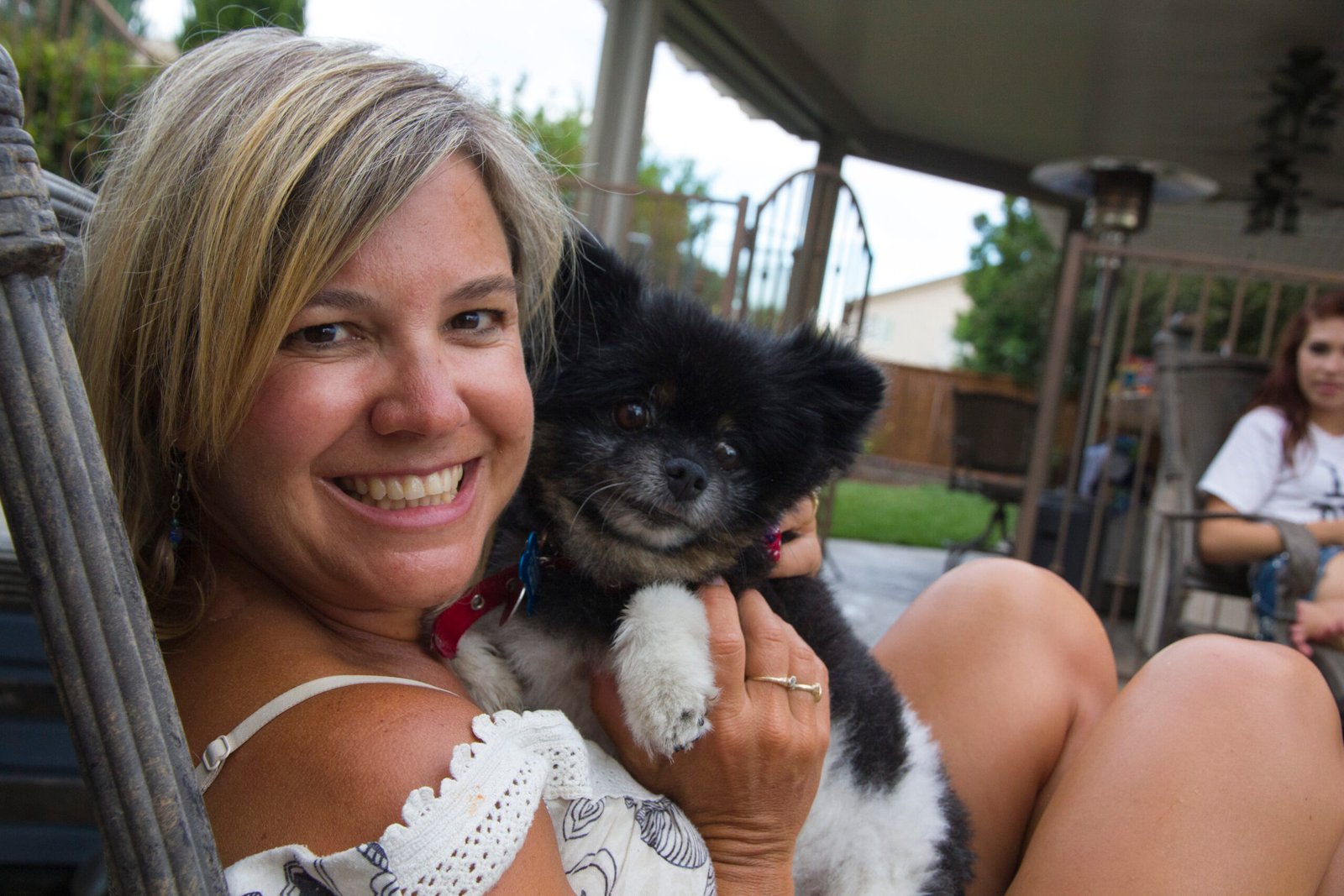
Every milestone, no matter how small, is a victory worth celebrating. Whether it’s their first wag of the tail or a new trick they learn, acknowledging these moments reinforces positive behavior and strengthens your bond. Picture a child’s first steps; each one is a triumph. Celebrating these achievements motivates your puppy and reminds them of the love and joy they bring into your life.
In conclusion, helping your rescue puppy heal and recover is a rewarding journey filled with love, patience, and understanding. By creating a nurturing environment and guiding them with gentle care, you are giving them the chance to live a happy and fulfilling life.

Andrew Alpin from India is the Brand Manager of Doggo digest. Andrew is an experienced content specialist and social media manager with a passion for writing. His forte includes health and wellness, Travel, Animals, and Nature. A nature nomad, Andrew is obsessed with mountains and loves high-altitude trekking. He has been on several Himalayan treks in India including the Everest Base Camp in Nepal.





